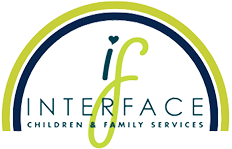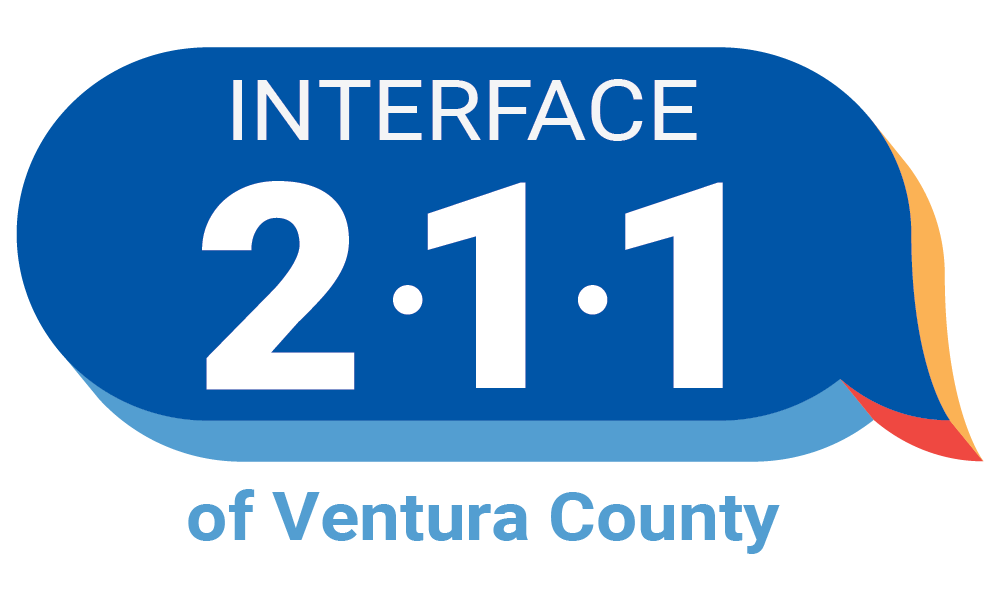New law (AB218*) should serve as a wake-up call for increased child abuse prevention in schools by Erik Sternad, Executive Director, Interface Children & Family Services
We know a 69-year-old woman who never reported her childhood sexual abuse. A friend of the family abused her when she was seven years old; she told her mother at the time, who chose not to confront the abuser because “he was moving away.” A second man abused her later. The next person she told, apart from her spouse, was her 25-year-old daughter some 52 years after her first molestation. When we asked her about her experience, she said that she was an ideal victim—a compliant child who sought to please, took direction, kept secrets, and implicitly trusted authority. As she looks toward her 70th birthday in February, she is just now starting to understand how these events dramatically affected her life, from chronic anxiety and depression to a lack of healthy boundaries and an inability to self-advocate in relationships. At Interface Children & Family Services, we believe that early education could have easily prevented these abuses and a lifetime of painful impacts.
Trauma, like sexual abuse, has a way of arresting a person’s active psychological processing of their experience. Many people stuff their memories and pain deep inside and tell themselves that the trauma did not affect them in significant ways. Others find the help they need immediately and work more actively to gain productive coping skills. In both cases, sharing a story of trauma, and especially childhood sexual abuse, is hard but essential to healing. In the past few years, with increased publicity on Harvey Weinstein, Larry Nassar, and church clergy cases, we have seen hundreds of abuse survivors courageously come forward to share their most private and painful stories in courtrooms and in public testimonies. Non-disclosure agreements, institutional policies, and corrupt individuals who protected abusers actively silenced a generation who have now become silence-breakers. Our society knows more about how people have responded to the trauma of child sexual abuse now because of courageous survivors who have told their stories.
At the start of this new decade, AB218 took effect extending the statute of limitations on reporting child sexual abuse. Previously, victims had only until their 26th birthday to report abuse, and 3 years from the point that the victim “discovers” harm and damages (through therapy, for example). The new law gives victims until their 40th birthday to file a civil suit and extends the delayed discovery period from three to five years. These are good changes, but we can stop abuse even before it ruins lives. We must educate every child about their personal power over their body so that they can stop abuse and not have to carry its deep burdens to their 70th birthday or beyond.
Interface Children & Family Services is committed to educating children and parents in Ventura County with a program called My Body Belongs to Me. It is a smart, proven, cost-effective solution that keeps kids safe from sexual abuse. While all institutions like universities or the Catholic Church have a role to play in preventing sexual abuse, our approach goes straight to the heart of teaching kids their own personal power and understanding their trusted (and trustworthy) support network.
Abuse happens in secret between a child and their abuser, but My Body Belongs to Me equips kids for that potential moment when they learn to say, “Stop that. I’m going to tell someone” to get away, and then to tell right away. Their personal power can be positive and effective for them if they know that their body deserves protection. We believe it is critical to reach every child in Ventura County.
If you would like to have educators come to your child’s school, please contact Alejandrina Carrasco at (805) 485-6114 or acarrasco@icfs.org. If you would like to support a program that can help empower children and prevent a lifetime of trauma, you can donate at www.icfs.org.
With respect and compassion,

Erik Sternad
Executive Director
Click here to donate or call (805) 485-6114.
*For more information on AB218 visit the California Legistaltion Information website here.




